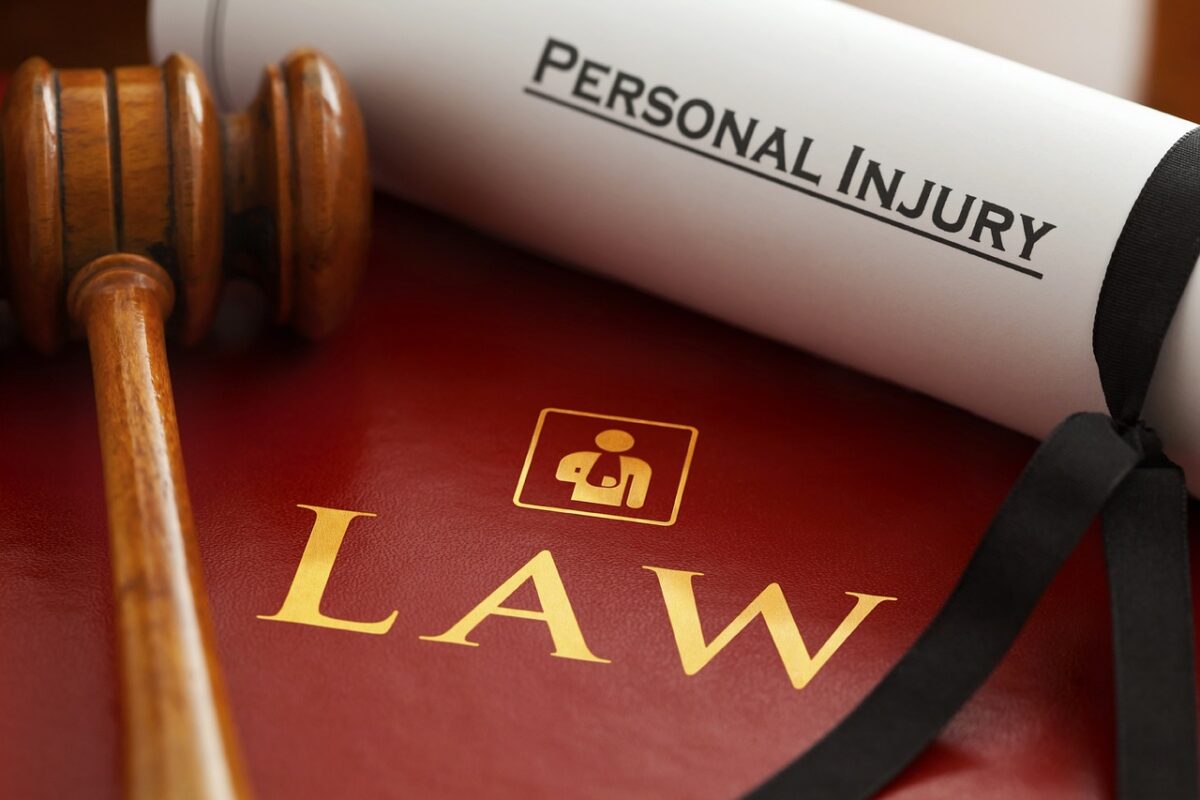-
Table of Contents
- Personal Injury Lawyer Defends Rights
- The Role of a Personal Injury Lawyer
- Case Studies: Real-Life Examples
- Case Study 1: Car Accident
- Case Study 2: Medical Malpractice
- The Legal Process: From Consultation to Settlement
- Statistics: The Impact of Personal Injury Cases
- Challenges Faced by Personal Injury Lawyers
- The Future of Personal Injury Law
- Conclusion
Personal Injury Lawyer Defends Rights
Personal injury lawyers play a pivotal role in the legal system, advocating for individuals who have suffered harm due to the negligence or misconduct of others. Their expertise ensures that victims receive the compensation they deserve, helping them to rebuild their lives. This article explores the various aspects of personal injury law, the responsibilities of a personal injury lawyer, and the impact they have on their clients’ lives.
The Role of a Personal Injury Lawyer
Personal injury lawyers specialize in tort law, which covers civil wrongs and damages. Their primary responsibility is to represent clients who have been injured, either physically or psychologically, as a result of another party’s negligence. These legal professionals handle a wide range of cases, including:
- Car accidents
- Medical malpractice
- Workplace injuries
- Slip and fall incidents
- Product liability
By providing legal representation, personal injury lawyers help their clients navigate the complexities of the legal system, ensuring that their rights are protected and that they receive fair compensation for their injuries.
Case Studies: Real-Life Examples
To illustrate the impact of personal injury lawyers, consider the following case studies:
Case Study 1: Car Accident
In 2018, Jane Doe was involved in a severe car accident caused by a distracted driver. She sustained multiple injuries, including a broken leg and a concussion. Jane’s personal injury lawyer successfully argued that the other driver was at fault, securing a settlement of $250,000 to cover medical expenses, lost wages, and pain and suffering.
Case Study 2: Medical Malpractice
John Smith underwent surgery in 2019, but the surgeon made a critical error, leaving John with permanent nerve damage. John’s personal injury lawyer filed a medical malpractice lawsuit, resulting in a $1 million settlement. This compensation allowed John to afford ongoing medical care and adapt to his new circumstances.
The Legal Process: From Consultation to Settlement
The journey of a personal injury case typically involves several stages:
- Initial Consultation: The lawyer meets with the client to discuss the details of the case and determine its viability.
- Investigation: The lawyer gathers evidence, interviews witnesses, and consults with experts to build a strong case.
- Filing a Lawsuit: If a fair settlement cannot be reached, the lawyer files a lawsuit on behalf of the client.
- Discovery: Both parties exchange information and evidence, preparing for trial.
- Negotiation: The lawyer negotiates with the opposing party to reach a settlement that adequately compensates the client.
- Trial: If a settlement cannot be reached, the case goes to trial, where the lawyer presents the evidence and argues the case before a judge or jury.
Throughout this process, the personal injury lawyer provides guidance and support, ensuring that the client’s best interests are always at the forefront.
Statistics: The Impact of Personal Injury Cases
Personal injury cases have a significant impact on the legal system and society as a whole. According to the National Center for State Courts, personal injury cases account for approximately 60% of all civil litigation in the United States. Additionally, the Insurance Research Council reports that individuals who hire a personal injury lawyer receive settlements that are, on average, 3.5 times higher than those who do not.
These statistics highlight the importance of legal representation in personal injury cases, demonstrating the value that personal injury lawyers bring to their clients.
Challenges Faced by Personal Injury Lawyers
Despite their critical role, personal injury lawyers face numerous challenges, including:
- Complex Cases: Personal injury cases often involve intricate legal and medical issues that require extensive knowledge and expertise.
- Emotional Toll: Representing clients who have suffered significant trauma can be emotionally taxing for lawyers.
- Public Perception: Personal injury lawyers sometimes face negative stereotypes, which can impact their reputation and practice.
Despite these challenges, personal injury lawyers remain dedicated to advocating for their clients and securing justice on their behalf.
The Future of Personal Injury Law
The field of personal injury law continues to evolve, with new developments and trends shaping its future. Some of these trends include:
- Technological Advancements: The use of technology, such as artificial intelligence and data analytics, is transforming the way personal injury cases are handled.
- Legislative Changes: New laws and regulations can impact personal injury cases, requiring lawyers to stay informed and adapt their strategies accordingly.
- Increased Awareness: As public awareness of personal injury rights grows, more individuals are seeking legal representation to protect their interests.
These trends indicate that personal injury law will continue to be a dynamic and vital area of legal practice, with personal injury lawyers playing a key role in defending the rights of their clients.
Conclusion
Personal injury lawyers are essential advocates for individuals who have suffered harm due to the negligence or misconduct of others. Through their expertise and dedication, they help clients navigate the legal system, secure fair compensation, and rebuild their lives. By understanding the role of personal injury lawyers, the legal process, and the impact of their work, we can appreciate the significant contributions they make to society.
